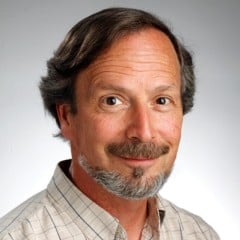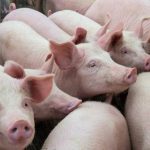Why does the world s largest chemical company want to muck about in the small, fragmented and highly specialized world of Canadian agriculture?
The commercials were so offbeat, they instantly broke through the blur of me-too television advertising. At BASF, we don t make a lot of the products you buy, the velvety voice said. We make a lot of the products you buy better.
Make no mistake, though. The voice doesn t belong to Brian Denys. The words aren t his either. As the new director for BASF s ag business in Canada, Denys may share its confidence and poise (he does). His voice may be smooth too (it is). But his message is very, very different.
Read Also

The Secret Sauce of Sibling Run Farms
Working with family can be difficult, but successful sibling agricultural operations seem to leverage the unique advantages of their relationships to create growth for their farms.
He knows his audience is different too, which makes it all the more striking that Denys says he s convinced BASF has the right business model for agriculture, and that he believes more Canadian farmers are going to choose BASF as a long-term resource in a marketplace dominated by Syngenta, Bayer and Monsanto.
There s a lot of explaining to do, which may not always have been BASF s strength. Those television ads, for instance, never did tell consumers why they should care who makes what s inside the things they buy, leading to a tempest in the marketing world s teapot.
By they did carry a lot of truth, especially in two of their smallest words a lot because a lot is exactly what BASF does make. With $100 billion a year in sales and 95,000 employees, BASF is the world s biggest chemical company. In fact, that s precisely what BASF calls itself, The Chemical Company.
BASF is also incredibly diverse. If you
drive a car, you have BASF catalysts in its
converter. If you own a radio or television,
you own BASF plastics that make modern
electronics possible. And if you wash a
dish, write on a piece of paper, reach into
your fridge or& well, if you do almost
anything, and you do it almost anywhere in
the world, you re probably doing it thanks
partly to BASF science and engineering.
Unless you re farming. Globally, the
world s biggest chemical company is number
three in crop protection, after Syngenta
and Bayer.
Nor is agriculture so big within the BASF
fold. The company s annual crop protection
those sales have been posting growth rates
approaching 10 per cent a year, agriculture
is still by far the smallest of BASF s six divisions,
less than half the size of most others.
That s how it is in Canada too. Industry











